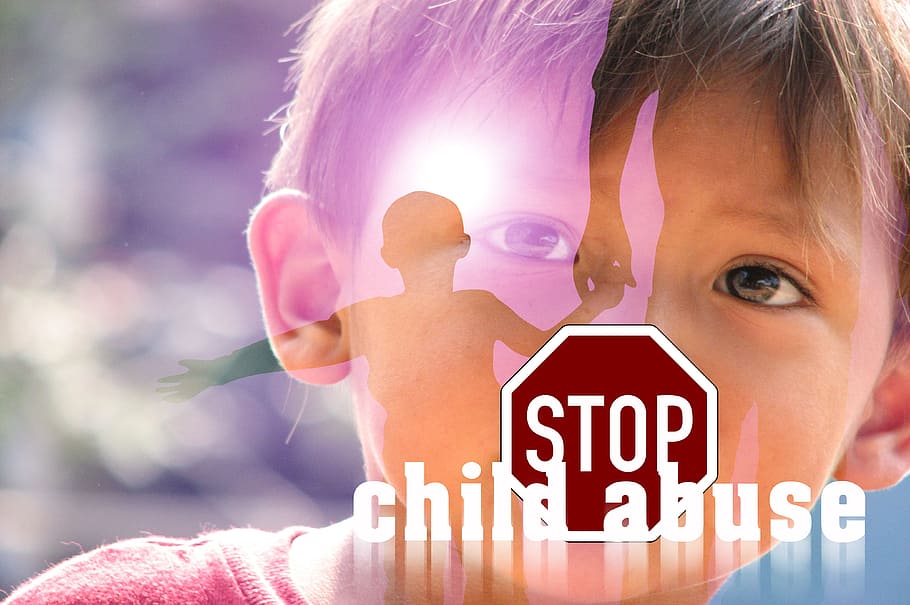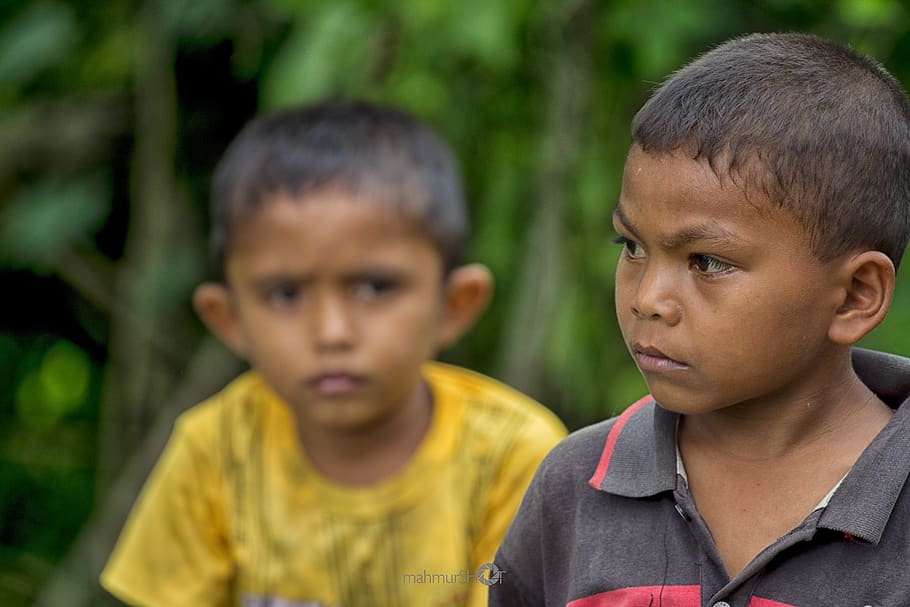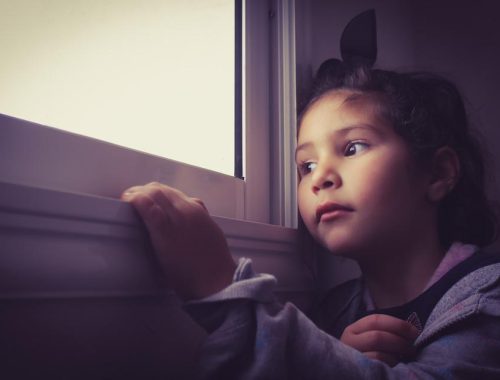
How to Report Child Abuse: A Guide to Taking Action
How to Report Child Abuse: A Guide to Taking Action
Hello, concerned individuals! If you suspect or witness child abuse, it’s crucial to take immediate action. Reporting child abuse is a critical step in ensuring the safety and well-being of children. In this post, we’ll provide you with valuable information on how to report child abuse effectively. From recognizing signs of abuse to contacting the appropriate authorities, we’ve got you covered. Let’s dive into the guide on how to report child abuse and make a difference in a child’s life.
Recognize the Signs of Child Abuse

Before reporting child abuse, it’s essential to be able to recognize the signs. Child abuse can manifest in various forms, including physical abuse, sexual abuse, emotional abuse, and neglect. Look out for indicators such as unexplained bruises or injuries, sudden behavioral changes, excessive fear or withdrawal, inappropriate sexual behavior, malnourishment, or consistent lack of supervision. Familiarize yourself with the common signs to help identify potential cases of child abuse.
Document Observations and Gather Information
When you suspect child abuse, it’s important to document your observations and gather relevant information. Take detailed notes about the incidents or behaviors you have witnessed, including dates, times, and descriptions. If possible, gather any physical evidence or photographs that may support your concerns. However, it’s crucial to prioritize the safety and well-being of the child and not put them at risk while attempting to gather evidence.
Contact the Appropriate Authorities
To report child abuse, reach out to the appropriate authorities in your region. The specific agency responsible for child protection may vary depending on your location. In the United States, you can contact your local Child Protective Services (CPS) or the National Child Abuse Hotline at 1-800-4-A-CHILD (1-800-422-4453). Provide them with the information you have gathered and follow their guidance on how to proceed. Remember, reporting your concerns can initiate the process of ensuring the child’s safety.
National Child Abuse Hotline

To access the National Child Abuse Hotline’s website, click here. They provide essential resources, information, and support related to child abuse reporting and prevention. The hotline is available 24/7 and offers assistance in multiple languages. Visit their website to familiarize yourself with their services and contact information, so you can readily report child abuse if needed.
Support the Child and Encourage Disclosure
Children who experience abuse may feel scared, ashamed, or confused. If you suspect abuse or a child discloses abuse to you, it’s crucial to provide a supportive and safe environment. Listen attentively, believe them, and reassure them that they are not at fault. Avoid making promises you cannot keep, and encourage them to share their experiences with a trusted adult. It’s essential to handle the situation sensitively and involve appropriate authorities promptly to ensure the child’s safety.
Maintain Confidentiality and Cooperate with Authorities
When reporting child abuse, it’s important to maintain confidentiality and respect the privacy of the child and their family. Avoid discussing the situation with individuals who do not need to know the details. Cooperate fully with the authorities and provide them with any requested information or evidence. Your cooperation and responsible reporting are essential in protecting the child and assisting the investigation process.
Prevent Child Abuse and Promote Child Safety

For tips on preventing child abuse and promoting child safety, click here. This website provides valuable information on recognizing signs of abuse, building protective factors, and creating safe environments for children. Educate yourself on child abuse prevention strategies to make a positive impact on the lives of children and families in your community.
Reporting child abuse is an important responsibility we all share to protect children from harm. By recognizing the signs of abuse, documenting observations, and contacting the appropriate authorities, you can make a difference in a child’s life. Remember to support the child, maintain confidentiality, and cooperate with the authorities throughout the process. Let’s take action and report child abuse promptly, ensuring the safety and well-being of our most vulnerable population. Together, we can make a significant impact and protect children from abuse.
You May Also Like

Looking for Quality Child Care in Hillside, VIC?
2024-04-30
Powerful Biblical Scriptures to Help Your Kids Fight Anxiety
2022-05-05

